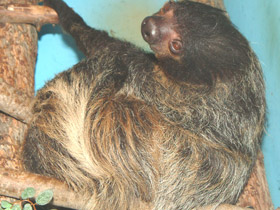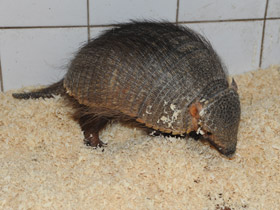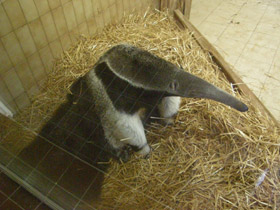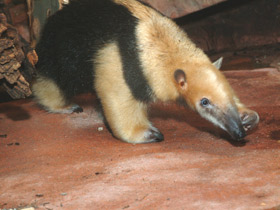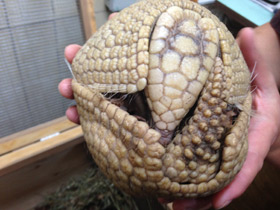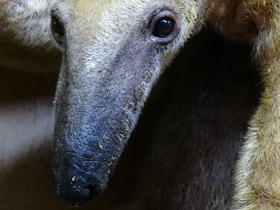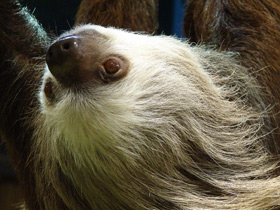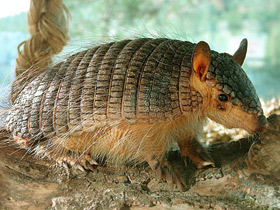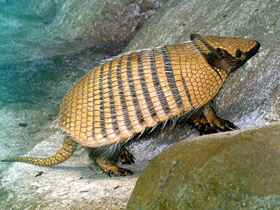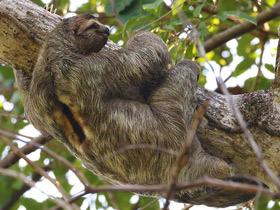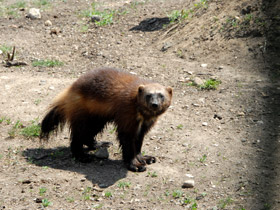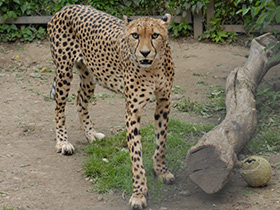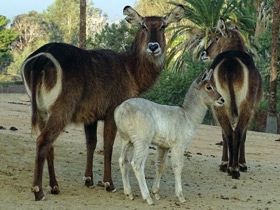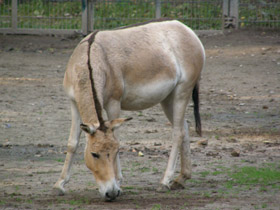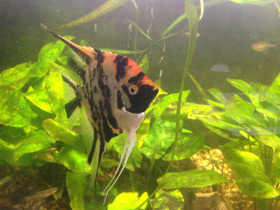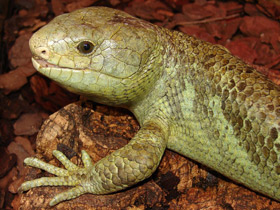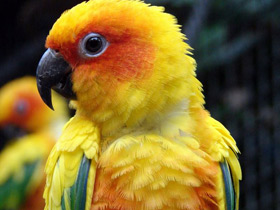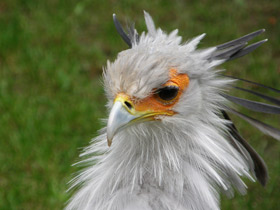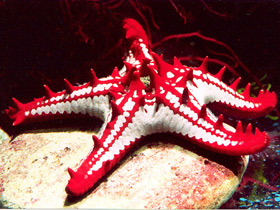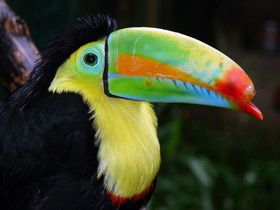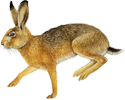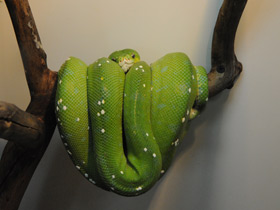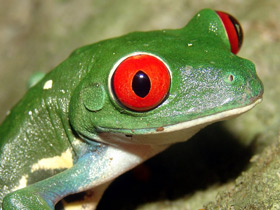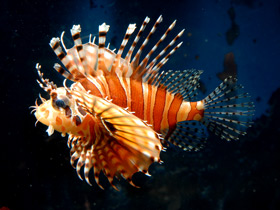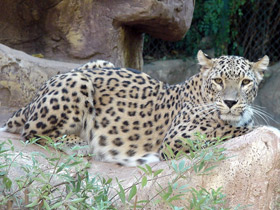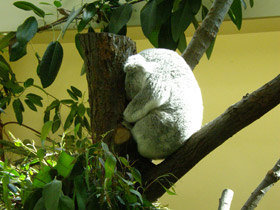Order Pilosa
Order Pilosa
This order of placental, New World mammals is placed in the superorder Edentata (Xenarthra) and currently includes only three families; despite the name “Edentata” (meaning toothless), only anteaters of all the animals belonging to Pilosa do not have teeth, while the armadillo has almost hundred teeth and the sloth has no less than 30 teeth. The name “Edentata” was given to this order by French zoologist Jean Cuvier back in the times when this order included echidnas, platypuses, and other animals that did not have teeth (later they were “transferred” to other orders). Order Pilosa is an old lineage of mammals which were thriving in ancient times. While studying extinct animals, scientists found lost links between the families that did not seem to be related. So what do the anteaters, sloths and armadillos have in common? First of all, all of them have primitive teeth lacking enamel and growing during lifespan of these animals. Primitive features of the mammals belonging to Pilosa include low metabolism rate, fluctuations of body temperatures with ambient air temperature, and a small brain. The range of these animals is restricted to South, Central, and North America. Otherwise, representatives of this order difer significantly: body sizes vary widely, from 12 cm in the pink fairy armadillo to 1.2 m in the giant anteater; the tail can be very short or very long; the stomach may be simple or complex; the skin is covered with either hair or armour formed by the plates of dermal bone; the feet may have 2 to 5 toes… and so on, and so on. Animals belonging to Pilosa order include arboreal, terrestrial, and burrowing mammals feeding on either insects or plants.

















